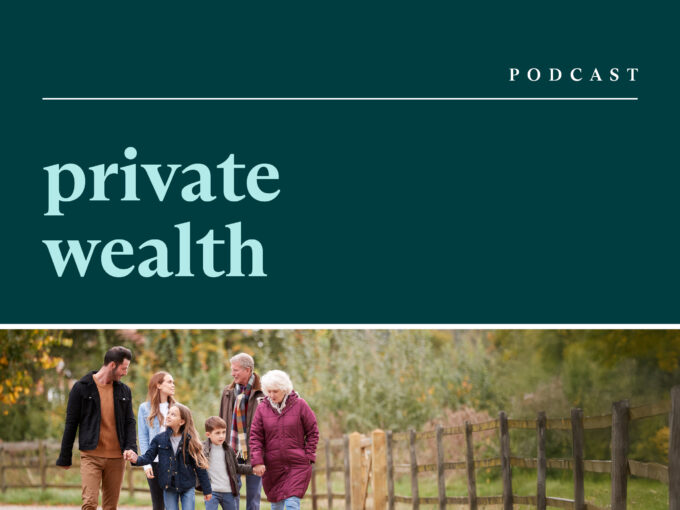We often receive questions from clients about which benefits can be provided to nannies over and above normal salary, to recognise their contribution but without incurring disproportionate administrative and cost burdens as a result. In this article, we explore some of the common questions.
I’ve employed a live-in nanny for the last two years and have always operated PAYE on their pay. However, I’m keen to ensure they will not have to pay any more tax because of some of the benefits I provide. These include rent-free accommodation, meals, a mobile phone, and use of our car. Should I be worried?
If your nanny lives in your family home with you and has responsibility for looking after the children outside of their normal working hours, the accommodation that you provide shouldn’t be taxed on them as a benefit in kind. However, if you provided separate accommodation with its own front door and metered utilities, it may be more difficult to persuade HM Revenue & Customs (HMRC) that the accommodation is provided for the better performance of their duties, and therefore exempt from tax.
We wouldn’t expect HMRC to pursue a benefit in kind in relation to the meals. There are two possible defences here. Firstly, assuming that they’re your only member of staff, meals on the employer premises which are made available to all employees benefit from a specific tax exemption. Secondly, even if the exemption didn’t apply, the marginal cost of the food is likely to be small enough for HMRC to ignore.
Also, the provision of one mobile phone to an employee doesn’t give rise to a taxable benefit, so there should be no concerns here.
Finally, making the car available to your nanny for private use on their days off will result in them being subject to a car benefit. If you provide fuel for private journeys, there’s a fuel benefit as well. The amount of benefit is calculated by reference to the list price of the vehicle and its CO2 emissions. If the car in question is fully electric, the benefit calculated is relatively much lower than for petrol or diesel cars, and you and your nanny may be happy that the cost is commensurate with the benefit of having use of the car.
However, if your nanny’s private use of the vehicle is relatively modest, then the benefit in kind and associated tax complications may be disproportionate to the real benefit to them of using the car, especially if it’s taxed at the higher percentages. In such circumstances, it may be easier to ban them from private use altogether.
An alternative approach may be for your nanny to buy their own car, and you then pay a fixed rate per mile for the journeys that form part of the job. This would be at up to 45p per mile for the first 10,000 miles per tax year and 25p per mile after that. You could lend them up to £10,000 to buy a car on an interest-free basis and there would be no taxable benefit arising.
If a taxable benefit does arise, then that should be disclosed to HMRC on a form P11D. These forms must be submitted by 6 July following the end of the tax year and the associated Class 1A National Insurance contributions paid by 19 July. It’s possible to run most benefits through the payroll, which will remove the requirement for P11Ds, but this must be registered with HMRC before the start of the tax year.
What happens if our nanny joins us on our Christmas holiday? We’d usually rent an apartment with sufficient space for our nanny to have their own room, and we’d pay for meals.
Here you’d need to consider whether your nanny is joining you as part of the family, in their capacity as your employee or whether they are in fact on their own holiday and merely staying at the same location. As part of this, it will be important to clearly agree terms such as working hours and pay, as well as who is responsible for any insurance cover for the holiday.
In terms of tax, there should be no tax or National Insurance payable if your nanny is joining you as part of their employment duties, provided the costs incurred are reasonable and not unduly ‘lavish’ or over and above what would normally be provided.
Are there any other ways we could enhance what we provide for our nanny without incurring additional costs for them?
One way that you could enhance the benefits provided to your nanny would be to increase the contribution to their pension scheme. Employer pension contributions to UK registered pension schemes are not subject to tax or National Insurance.
In terms of a more immediate benefit, you could consider making small gifts on an ad hoc basis, provided they’re not in the form of cash or cash voucher, and not in recognition of work done. Such gifts would not be a benefit in kind if they cost less than £50.
You could also cover the costs of an annual health screening/medical check-up for your employee without triggering a benefit in kind charge, but keep in mind that any medical treatment would not be exempt.
If you have any further questions for us or would like to discuss any of the above, please get in touch with Stuart Daltrey.
Contact Us
Director, London
Key experience











